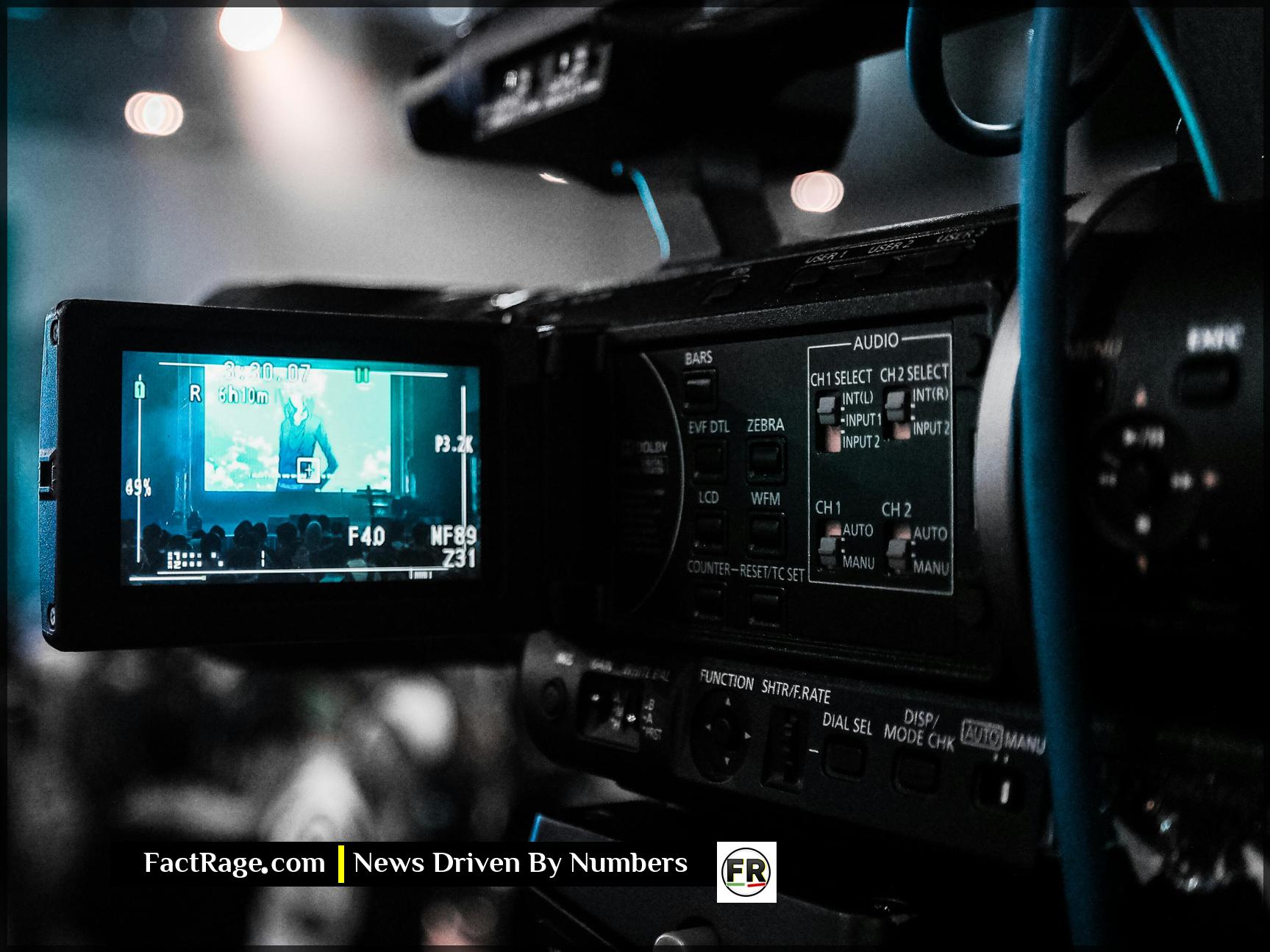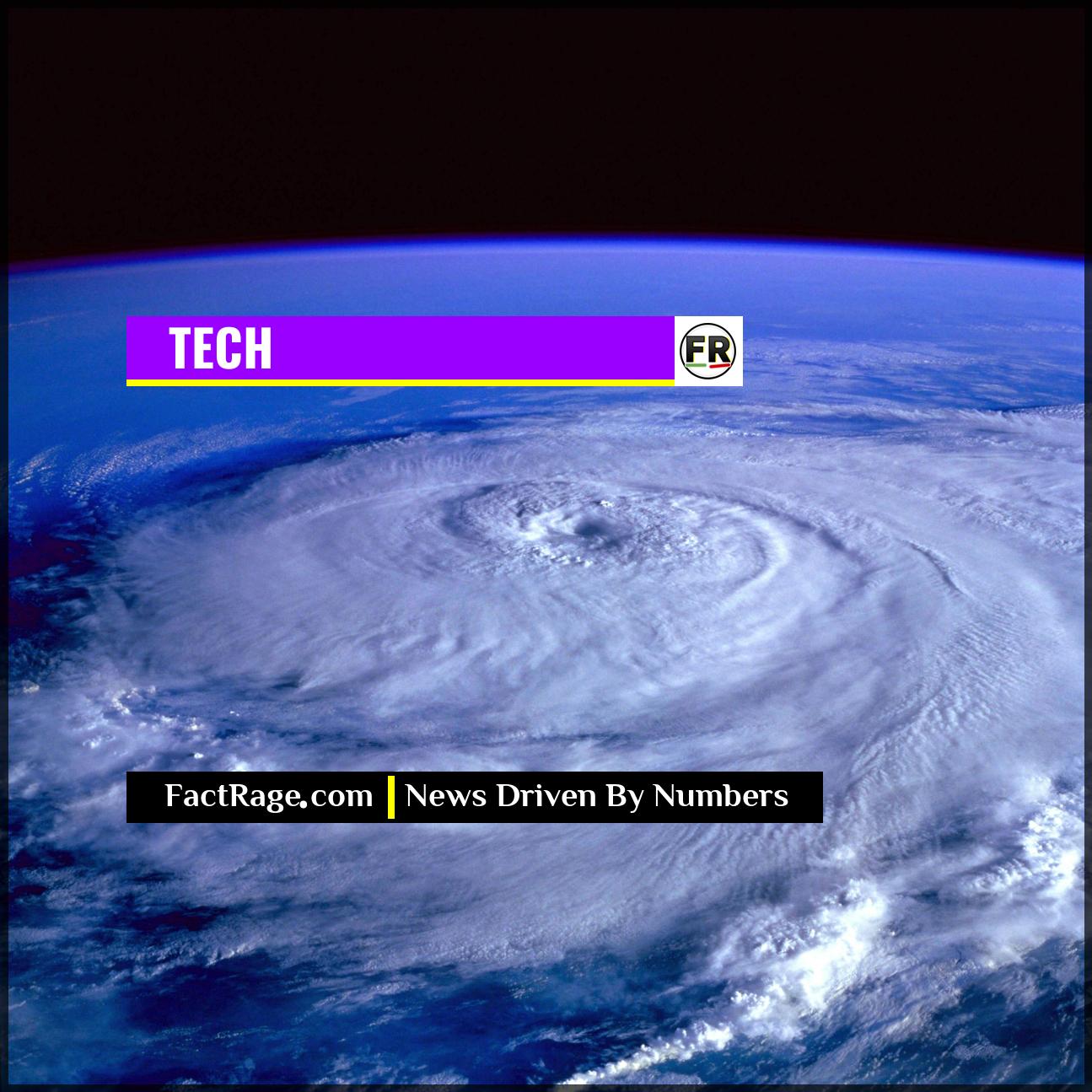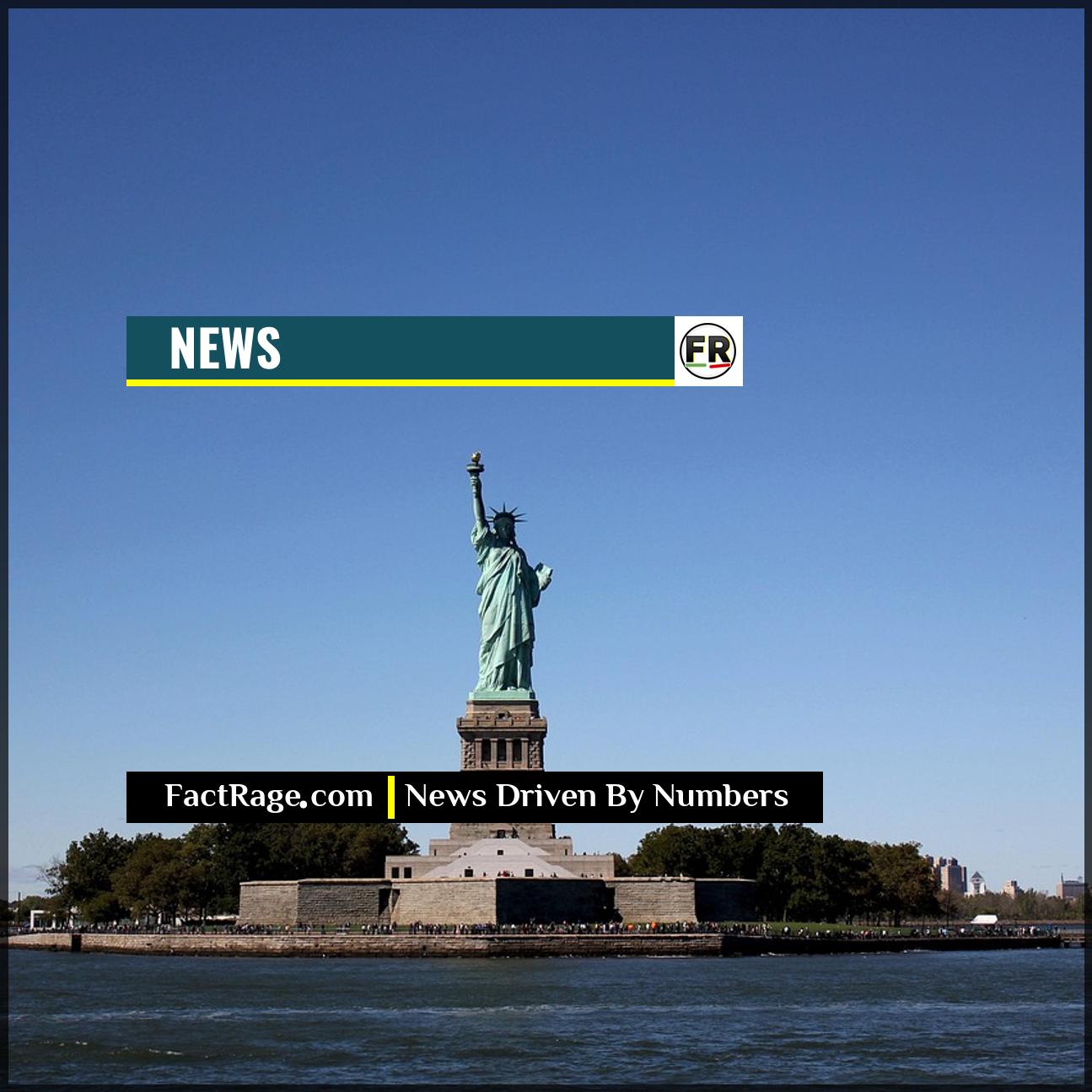HOLLYWOOD – The nominations for the 76th Primetime Emmy Awards have been announced, cementing FX’s historical epic Shōgun and culinary dramedy The Bear as the year’s most celebrated shows and setting the stage for a tight battle among television’s biggest platforms.
- FX’s Banner Year – FX, owned by The Walt Disney Company (DIS), produced the two most-nominated programs, with Shōgun receiving 25 nominations and The Bear earning 23.
- The Platform Race – HBO/Max, a division of Warner Bros. Discovery, Inc. (WBD), led all platforms with 127 nominations, followed closely by Netflix (NFLX) with 109.
- Limited Series Power – The Outstanding Limited or Anthology Series category showcased immense strength, with nominees like Shōgun, Netflix’s Baby Reindeer, and Ripley dominating the cultural conversation and awards consideration.
The annual Emmy nominations serve as more than just a list of accolades; they provide a crucial snapshot of the entire television industry. This year’s announcement highlights the continued battle for streaming supremacy, the evolving definition of “prestige TV,” and the types of stories resonating most with critics and audiences.
How Two FX Shows Became the Most Nominated of the Year

The biggest story from the nominations is the critical dominance of two shows from a single network: FX. The lavish, immersive samurai epic Shōgun captured an impressive 25 nominations, including for Outstanding Drama Series and for its leads, Hiroyuki Sanada and Anna Sawai. It was followed closely by the second season of the high-anxiety restaurant series The Bear, which garnered 23 nominations, including for Outstanding Comedy Series.
The success of these two wildly different programs points to a winning formula for FX. It combines high-end production value, sharp writing, and critical acclaim that cuts through a crowded media landscape. For Shōgun, it was a massive gamble on a large-scale, primarily Japanese-language production that paid off. For The Bear, it demonstrates how a smaller-scale, character-driven story can become a cultural phenomenon. Their combined 48 nominations represent a major achievement for FX and its parent company, Disney.
What the Nominations Say About the Streaming Wars
For years, the story of the Emmys has been a two-horse race between HBO and Netflix (NFLX). While that narrative continues, the details are more complex this year. HBO and its streaming counterpart Max maintained their top position with a combined 127 nominations, buoyed by mainstays like The Last of Us and Hacks. Netflix followed with a strong 109 nominations, driven by the global success of dramas like The Crown and 3 Body Problem, and the viral limited series Baby Reindeer.
However, the field is becoming more stratified. FX’s 50 total nominations place it firmly in the top tier of prestige producers. Amazon’s (AMZN) Prime Video also had a solid showing with 50 nominations, largely thanks to the successful video game adaptation Fallout. Meanwhile, Apple Inc.’s (AAPL) Apple TV+ secured 44 nominations. The question that arises from these numbers is how platforms differentiate themselves. Is it through a high volume of content, like Netflix, or a more curated, brand-focused slate, like HBO and FX?
The Kinds of Stories Earning TV’s Top Honors
A look at the top categories reveals a clear trend: audiences and voters are drawn to ambitious, self-contained stories. The Outstanding Limited or Anthology Series category is arguably the most competitive it has ever been. Alongside Shōgun (which also competes in Drama), it features Netflix’s true-crime psychological thriller Baby Reindeer and its stylish noir Ripley, as well as HBO’s True Detective: Night Country. This suggests that viewers are increasingly willing to invest in stories with a clear beginning, middle, and end, a departure from the long-running serialized dramas that once defined prestige TV.
Furthermore, genre storytelling continues to gain respect from the Television Academy. The nomination for Prime Video’s post-apocalyptic Fallout in the Outstanding Drama Series category is a significant milestone for video game adaptations. It joins Netflix’s sci-fi epic 3 Body Problem in earning major nods, proving that high-concept stories are now central to the Emmy conversation.














